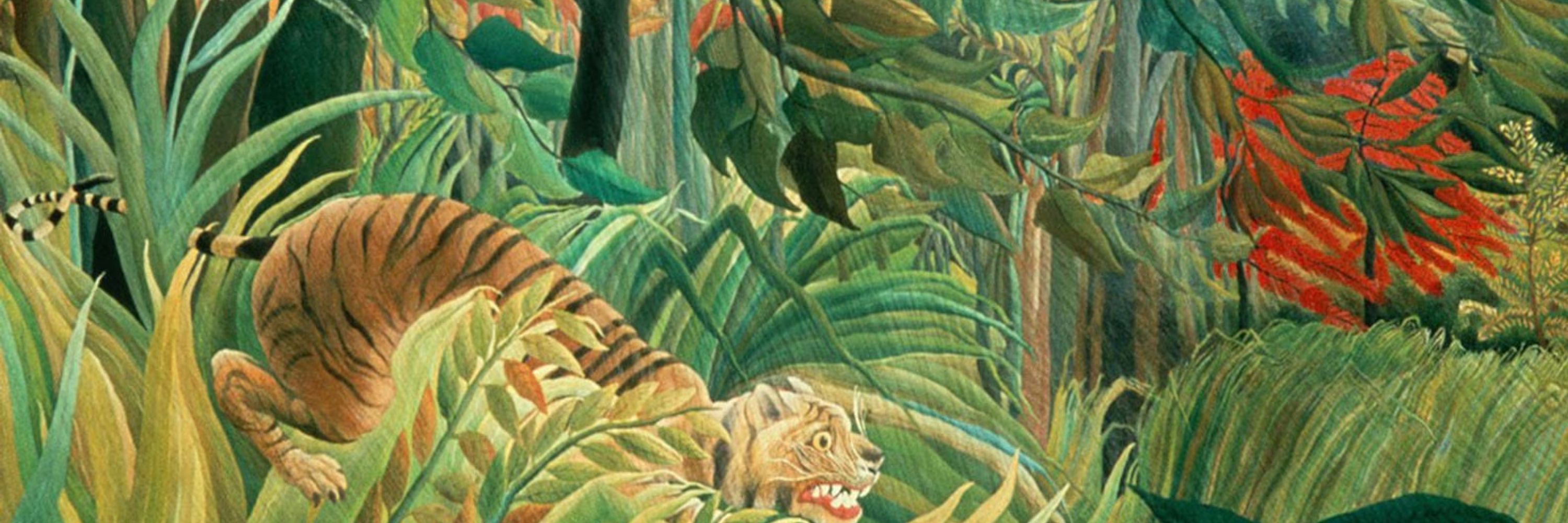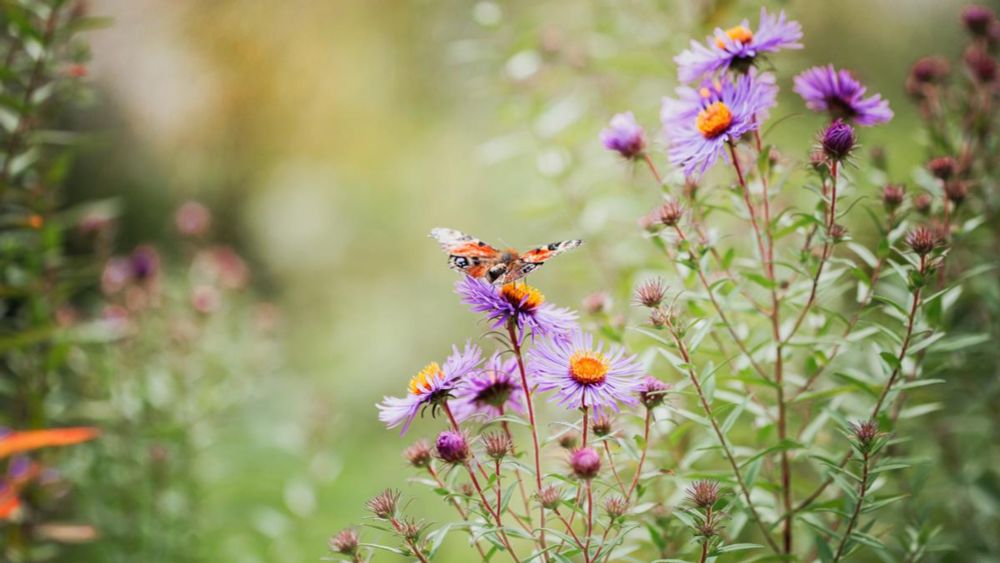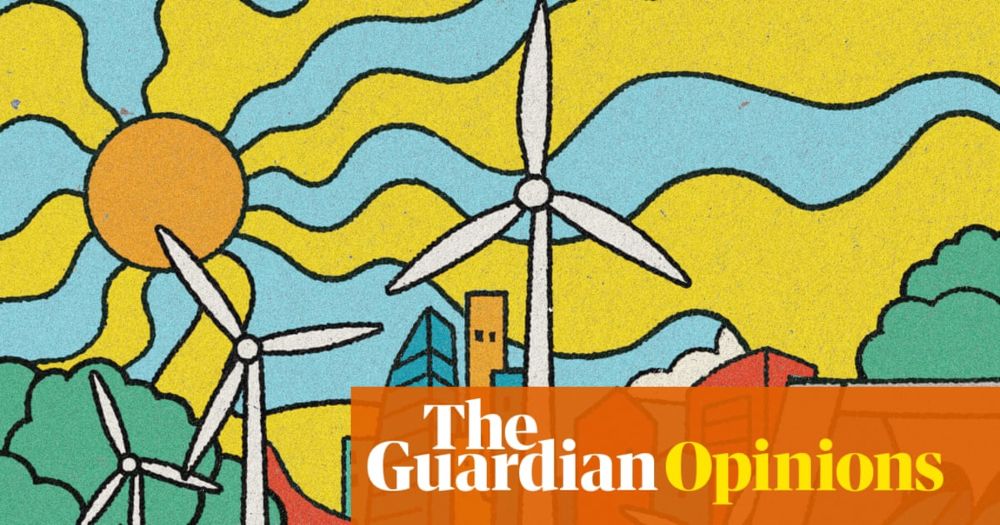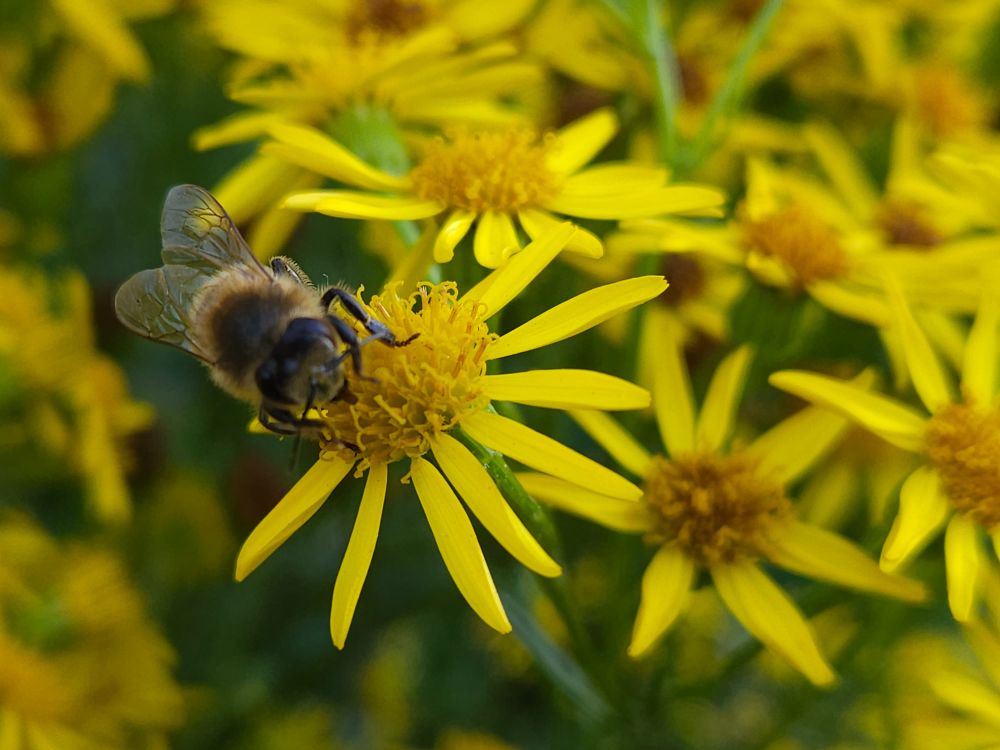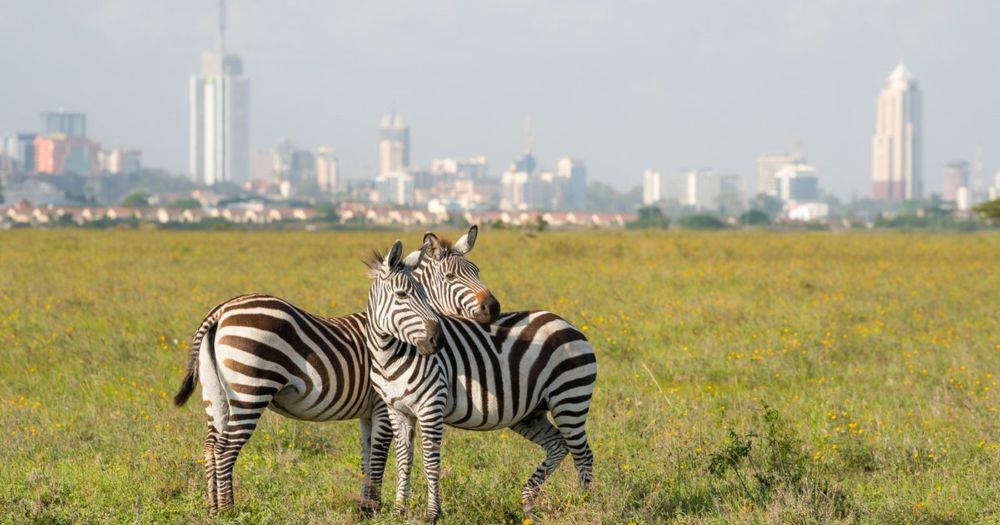Yadvinder Malhi
@ymalhi.bsky.social
9K followers
1K following
1.7K posts
Prof of Ecosystem Science at Oxford, working on #naturerecovery, especially loves tropical ecosystems; Director Leverhulme Centre for @NatureRecovery.bsky.social; Trustee @[email protected]; ex-President of @BritishEcolSoc.bsky.social ; CBE FRS
Posts
Media
Videos
Starter Packs
Reposted by Yadvinder Malhi
Reposted by Yadvinder Malhi
Yadvinder Malhi
@ymalhi.bsky.social
· Sep 3
Rachel Ward
@rward8.bsky.social
· Sep 2

Forest Age Rivals Climate to Explain Reproductive Allocation Patterns in Forest Ecosystems Globally
Forest allocation of net primary productivity (NPP) to reproduction is poorly quantified globally, despite its critical role in forest regeneration and a well-supported trade-off with allocation to g...
onlinelibrary.wiley.com
Reposted by Yadvinder Malhi
Rachel Ward
@rward8.bsky.social
· Sep 2

Forest Age Rivals Climate to Explain Reproductive Allocation Patterns in Forest Ecosystems Globally
Forest allocation of net primary productivity (NPP) to reproduction is poorly quantified globally, despite its critical role in forest regeneration and a well-supported trade-off with allocation to g...
onlinelibrary.wiley.com
Yadvinder Malhi
@ymalhi.bsky.social
· Aug 27
Reposted by Yadvinder Malhi
Reposted by Yadvinder Malhi
Reposted by Yadvinder Malhi
Huanyuan Zhang-Zheng
@h-zhang.bsky.social
· Jul 10
Reposted by Yadvinder Malhi
Yadvinder Malhi
@ymalhi.bsky.social
· Jul 4
Reposted by Yadvinder Malhi
Reposted by Yadvinder Malhi
